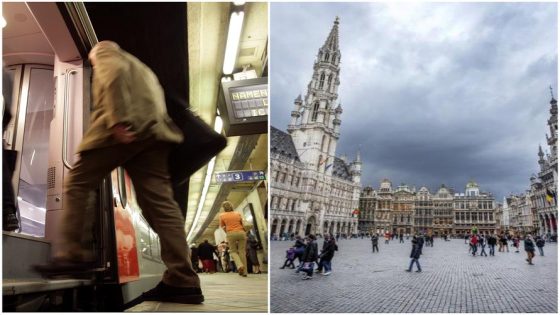Belgian cities are facing a surprising economic shift as their wealthiest residents move to the outskirts, causing a sharp decline in urban tax revenues. This trend, highlighted by professor Vandenberghe’s research published on 2025-05-22 18:15:00, reveals a growing divide between city centers and surrounding areas, with Brussels at the heart of this transformation.
- Belgian cities lose wealthy residents to periphery
- Brussels core is poorer than surrounding areas
- Federalization weakens Brussels' economic and political weight
- Tax policies favor commuters over city revenues
- Suggests broadening tax base for cities
- Calls for ambitious urban policy urgently
Unlike most European and American metropolises where the city core remains wealthier than the suburbs, Brussels stands out as an exception. The city’s economic challenges are compounded by an exodus of both affluent individuals and businesses, raising urgent questions about the sustainability of its urban economy. What factors drive this unusual pattern, and how can Belgium address it?
Why is Brussels different from other capitals? Professor Vandenberghe points to several causes:
- Fiscal policies favoring car use and commuters, encouraging relocation to suburbs.
- Lack of coordinated migration settlement strategies, concentrating migrant populations in the city center.
- Federalization weakening Brussels’ political and economic influence.
- Legacy of industrial zones creating less attractive urban neighborhoods.
These factors create a cycle where the city loses tax revenue but still supports infrastructure used by suburban commuters and businesses. Can Belgium rethink its urban policies to reverse this trend?
Looking ahead, Belgium must adopt ambitious urban policies that attract new residents and companies to city centers while supporting existing communities. Without decisive action, territorial inequalities will only deepen, threatening the future vitality of Belgian cities.
































